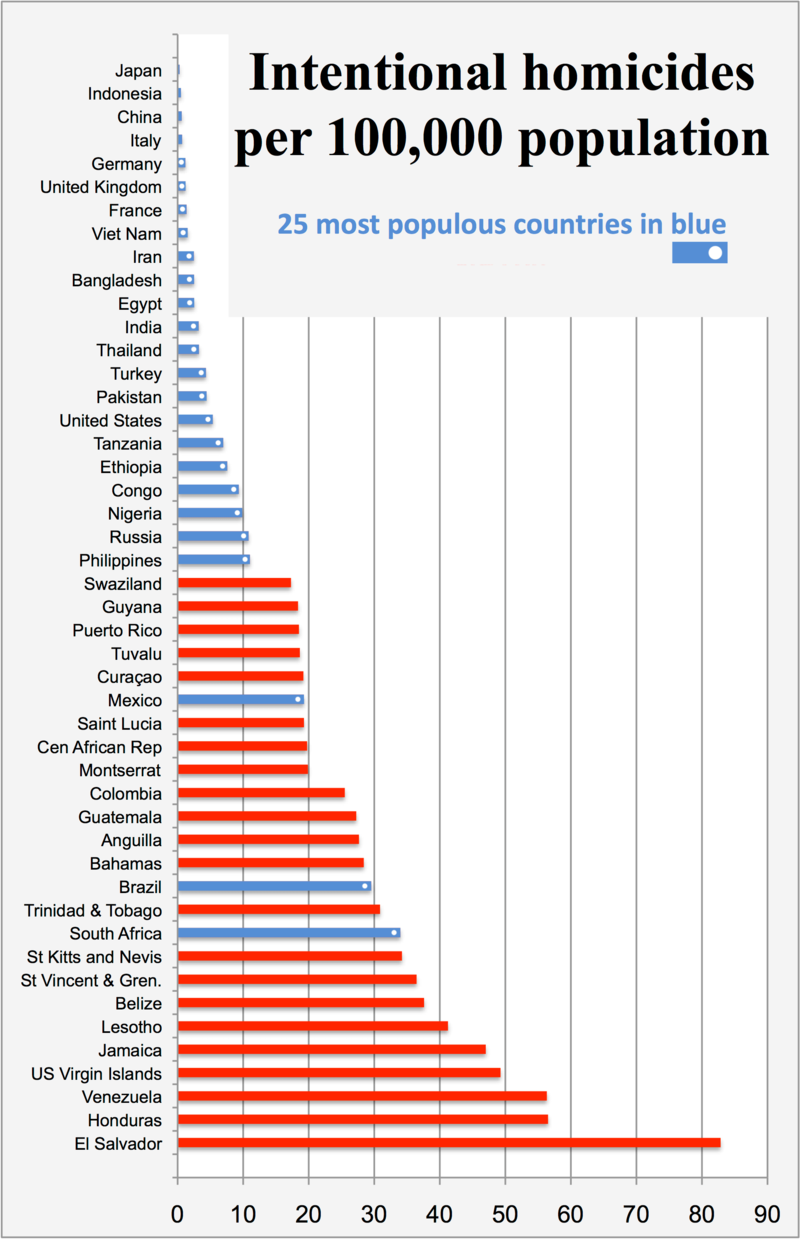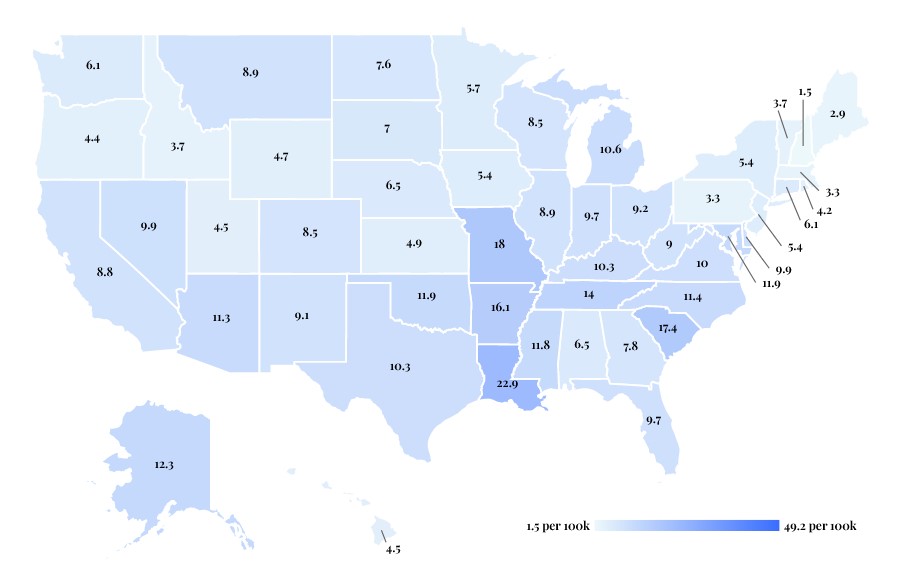After a tragedy, it’s an American custom to offer one’s “thoughts and prayers” for the situation and those most affected. It can be a cliche for those who don’t know what else to say, but it’s also frequently a genuine gesture of goodwill.
Sadly, it’s also become a custom for those on the left, especially gun-control advocates, to mock these “thoughts and prayers” after incidents like the homicide on UNC Chapel Hill’s campus this week. They contend that unless one backs their preferred political solutions, it’s all worthless and maybe even patronizing or insulting to the victims.
Many of the latest comments along these lines are from anonymous accounts and are too profane to publish, with “f*** your thoughts and prayers” becoming the customary response. But major left-wing politicians also joined in the anti-“thoughts and prayers”messaging.
US Congressman Jeff Jackson, who represents much of the Charlotte area in the US House, even directed his followers not to accept these condolences from a politician unless they do something (undoubtedly a thing that aligns with his views) to prevent it.
But this custom of offering thoughts and prayers is a healthy and appropriate one, and mocking it is misguided and takes away a politically neutral way to come together after a tragedy.
“Thoughts“
It’s notable that we direct our “thoughts” and prayers to a tragic situation. It would seem more natural to direct our feelings than our thoughts. But in a tragedy, it’s important that we not let our emotions lead. When they do, we can make quick impulsive decisions, like passing poorly thought-out laws, in response.
Using the UNC shooting as an example, many want to harness the feelings from the tragedy and use them for their policy goals. They point to the gun used by the student to kill his mentor and imagine that this could have been prevented if guns weren’t part of the culture. But is that reasonable?
If Mr. Qi was determined to murder Dr. Yan, his research mentor, because of a personal grudge (although the motive has not been thoroughly established), there are many ways he could have attempted this, most of which would be very difficult to prevent.
Guns themselves are fairly hard to regulate. There are now ghost guns created on 3D printers, and primitive “zip guns” have always been simple enough to make for any decent shop-class student. The Pashtun tribes of western Pakistan are notorious for making exact copies of popular firearms that are indistinguishable from those made by modern manufacturers. And they do it all deep in the mountains without electricity and out of scrap metal. As far as machines go, guns are not complicated.
Another topic for thoughtful consideration is that it doesn’t appear to me that gun laws do a whole lot to reduce homicide. Gun-control advocates will quickly start pulling up data showing a long list of wealthy, aging countries that have strict gun laws and low homicide — like Japan, the UK, the Netherlands, and Norway. But the reality is, at the very least, much more complicated.
Below is a list of countries and their homicide rates. Older, wealthier nations do tend to have very little homicide, maybe 1-5 per 100,000 people per year. But briefly looking over the gun laws of the five deadliest nations (Jamaica, US Virgin Island, Venezuela, Honduras, and El Salvador), they all appear to have stricter gun laws than the US. Venezuela completely bans the sale of private firearms and the possession of a firearm in public, yet they have around 55 homicides per 100,000 — 10 times what the US has most years.

This tells me that other factors, like poverty and age, have far more impact. The fact that Switzerland has 0.5 homicides per 100,000 per year, even with very loose gun laws and wide-spread gun ownership, further confirms this point. So, if Venezuela with strict gun laws has 100 times the homicide than Switzerland with relaxed gun laws, maybe it’s not about the laws.
The same can be seen when comparing US states. New Hampshire only has 1.5 homicides per 100,000 — similar to rates in Europe — but also has few regulations on guns. Washington, DC, with many restrictions, has 49 per 100,000. Much of Missouri has very little gun crime, but St. Louis is among the most violent places on earth, with 88 homicides per 100,000, pushing Missouri to the third highest rate (after DC and Louisiana).

St. Louis and New Hampshire live under very similar gun laws, and are in the same nation, yet one is among the safest places in the world, and the other is among the most dangerous.
“… and prayers”
So, if it’s not gun laws to blame when a UNC lab researcher kills his mentor, what is? Unfortunately, as much as we wish we could progress out of the human condition (afterall, it’s 2023 and we have iPhones and DoorDash now), those old familiar elements of our nature always re-emerge.
I mentioned poverty and youth as factors that clearly correlate to high homicide rates. The average person in Japan is pushing 50, while the average person in El Salvador is 27, for example. But there are also social aspects to violence, like family breakdown, addiction, mental health, popular culture that encourages violence, honor-culture vendettas, and, frankly, evil. There really isn’t a better word than evil to describe someone who would pick up a weapon to kill another human being over a personal beef or to take their money.
And how does one solve evil other than to honestly aim one’s attention and intentions towards the highest good they can imagine? Most call that prayer.
If you live in a rich, elderly country like Japan or Sweden, you may be able to keep the wolves at bay without much thought or prayer — although the lack of youth, while helping your homicide rates, is likely to cause issues with labor availability and tax revenue down the road.
But if you live in a part of the world with a young, energetic population, asking them to focus on the highest good — rather than just how they can make a quick buck, achieve instant gratification, or get revenge over a bruised ego — will encourage a culture to emerge where killing is rare, regardless of the laws.